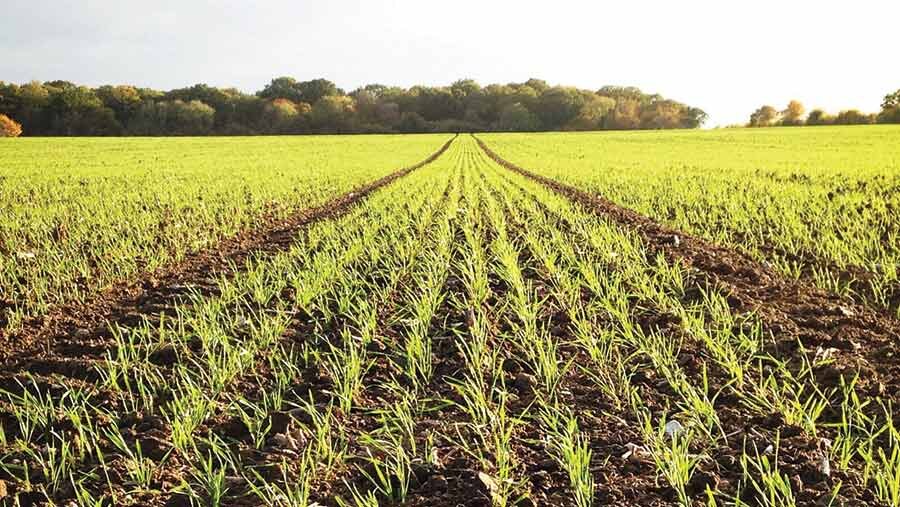Japan holds webinars on arid land agriculture in Iran

TEHRAN – The Japan International Cooperation Agency (JICA) Iran office in collaboration with Tottori University Arid Land Research Center (ALRC), held 5 series of webinars with the theme of “Research and Development on Arid Land Agriculture in Iran and Japan” for the Ministry of Agriculture in Iran.
In Iran, where most of the land is in either arid or semi-arid areas, drought and water shortages are becoming serious problems as a result of climate change. Drying and desertification are beyond the framework of a country and must be considered as global issues that need to be addressed not just by Iran but also by its surrounding areas.
Global warming due to climate change is one of the biggest challenges of the 21st century. Tottori University Arid Land Research Center (ALRC) is the only arid land research institute in Japan. Japan is not an arid area. However, in order to address problems such as droughts, desertification, and so on, research on arid land had started by utilizing the experience that made agriculture possible through developing sand prevention technology using tree planting and still sand dunes in the Tottori Sand Dunes. Today, the center became a joint research basement of universities and research institutes around the world.
For this series webinar, 4 professors at the ALRC gave lectures on the following themes of "Introduction of the Research and Activities of Arid Land Research Center (ALRC)", Water Productivity and Optimized Irrigation, Wheat varieties Suitable for Arid Land Breeding, and Drought Management.
The total number of participants was nearly 364. The fifth one was a presentation by the Iranian side regarding the Arid Land Agriculture research and application as well as a discussion for the future possible cooperation.
For Tottori University, Iran was the first partner country when the center started its first overseas academic research in the late 1970s and has a lot of joint researches and joint dissertation writing on some specific themes.
Since both have the same mission and direction to solve global problems in arid areas beyond the framework of the country, it was found that there is potential to carry out joint research in many fields.
Climate change, a major problem in Iran
Climate change is one of the most important problems in Iran that can exacerbate drought and water stress, so it is necessary to make serious plans at the national level to address the phenomena.
Increasing consumption of fossil fuels by humans, especially after the Industrial Revolution, has led to an increase in greenhouse gas emissions and ultimately climate change, and now tackling this phenomenon has become one of the most important concerns worldwide.
Temperature change, sea-level rise, coastal degradation, destruction of agricultural and food products, deforestation, depletion of freshwater resources, regional climate change in the high and northern hemispheres, changes in rainfall and wind direction, rising natural disasters such as tornadoes and floods, intensifying droughts and developing desert areas, increasing air pollution due to rising hot winds and the potential impact on the spread of diseases such as malaria are some of the known consequences of climate change.
According to scientists, global warming due to climate change is one of the biggest challenges of the 21st century.
FB/MG
Highlight:
